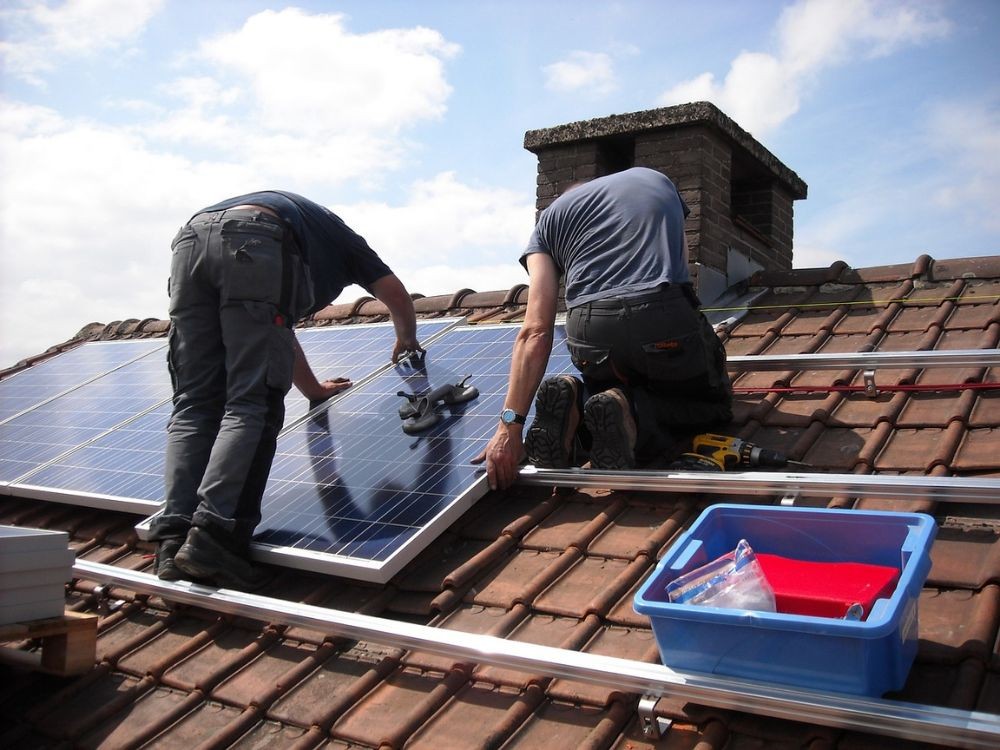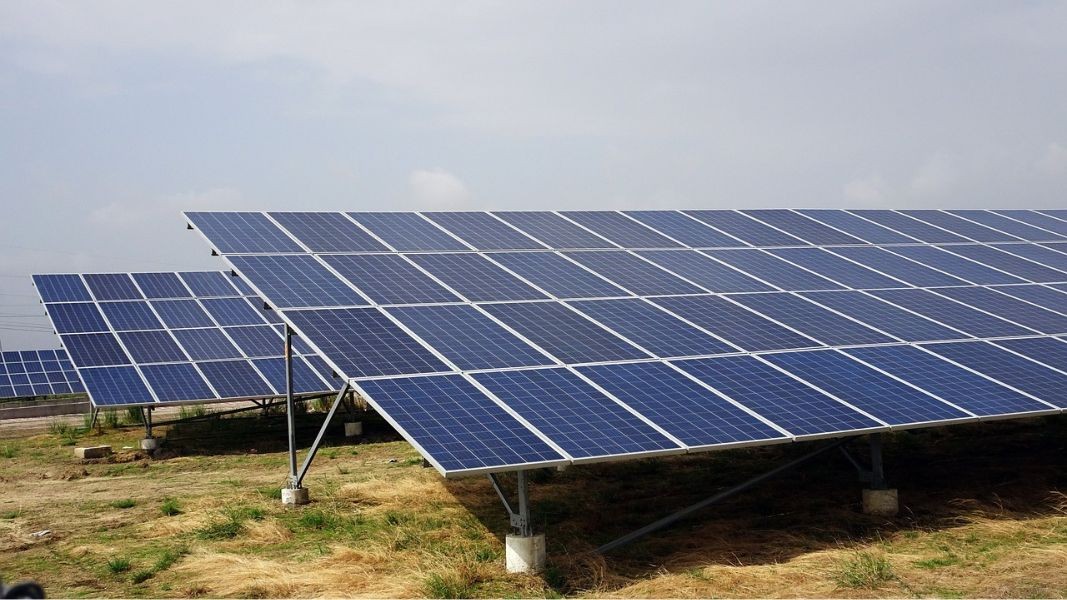The huge interest in solar energy in Bulgaria can be explained by high electricity prices as well as market uncertainty, especially after the start of the military conflict in the region. Solar power plants in the country are rapidly increasing their operational capacity. "Bulgaria currently has more than 2,000 megawatts of solar power in production. In 2022 alone, new plants have added nearly 600 megawatts," Rumen Petrov of the Bulgarian Solar Association told BNR-Stara Zagora in an interview.
For the first time in this country, photovoltaics (PV) produce more electricity than nuclear power plants (NPPs) and thermal power plants (TPPs). According to the Electricity System Operator, for a few hours at noon on 1 May this year, the power generated by PV farms exceeded that from all other sources. Of course, the reason in this case was the planned repair of Kozloduy NPP Unit V, which started on the last day of April. But during previous similar shutdowns of the units, NPP electricity generation volumes were mainly replaced by thermal and hydroelectric power plants.
Many companies in Bulgaria have already installed solar panels for their own use, buying less and less electricity from the grid, and this trend is expected to be more pronounced in the coming years.
"In terms of benefits and advantages, I would say that installing a solar power plant takes very little time. Installation is easy and not that big of an investment. Currently, considering the prices of fasteners for solar and photovoltaic installations and the price of electricity, the return on investment in a solar installation is within 5-6 years," says Rumen Petrov.
According to the Electricity System Operator, over 31% of the country's electricity production is provided by solar parks, while nuclear power provides 29% and thermal power plants only 22%. If properly designed, a solar plant can easily cover over 60% of a company's needs, which is why businesses are increasingly turning to solar energy, explains Rumen Petrov. Private households are also showing interest. Financial support for private individuals is expected with the launch of two home solar programmes included in the National Recovery and Resilience Plan:
"I would like Bulgaria to finally develop the domestic energy segment with the smallest household installations because, unlike in Europe, this segment is not developed here. One of the options is through various aid programmes, which we expect to be launched soon. Their budget, according to preliminary data, will be sufficient for approximately 10 000 roofs. This is a good start, and I hope that the general public will be increasingly interested in such installations. Because it is best when the energy is used locally and there are no losses on the transmission and distribution network," Rumen Petrov explained.
The technology of solar panels is advancing, the efficiency of the solar cells is increasing and they are producing more and more energy over a smaller and smaller surface area. Can solar energy realistically fit into our national plan to reduce carbon emissions from the energy sector by 40% by 2025?
"Yes, solar plants will certainly contribute to reducing the carbon footprint," says Rumen Petrov, "but they need to be combined with another type of energy. It can be renewable, for example hydroelectric plants, wind power plants, because solar plants only work in daylight hours."
Since the beginning of the year, Bulgaria's electricity exports have fallen by nearly 64% and electricity production has shrunk by 5.5% year-on-year. The trend is typical for the whole of Europe, due to recession.
Compiled by Veneta Nikolova / based on an interview by Stanislava Rayanova from BNR-Stara Zagora
Translated and posted by Elizabeth Radkova
Photos: Pixabay
The Bulgarian banking system is among the most stable ones thanks to the high expertise of the people who work in it. They succeed despite turbulent times. They are successful because they follow the rules and laws. With these words,..
The Gross Domestic Product has gone up by 2.4% during the third quarter of the year compared to the same period of 2023, indicate preliminary National Statistical Institute data. This indicates there is a certain acceleration of the growth..
A year with good results in the banking sector, achieved in a difficult domestic and external environment. This is how the governor of the Bulgarian National Bank (BNB), Dimitar Radev, assessed the outgoing 2024 in an interview with..

+359 2 9336 661
